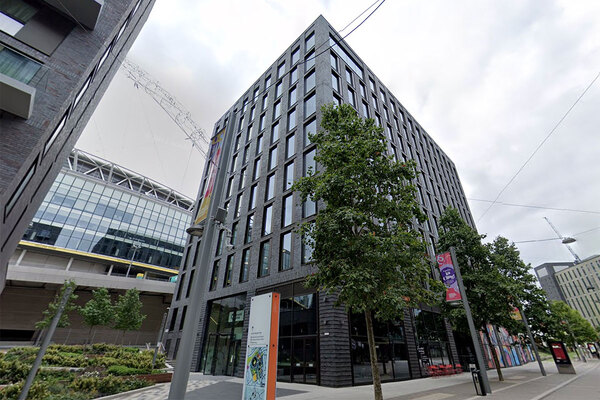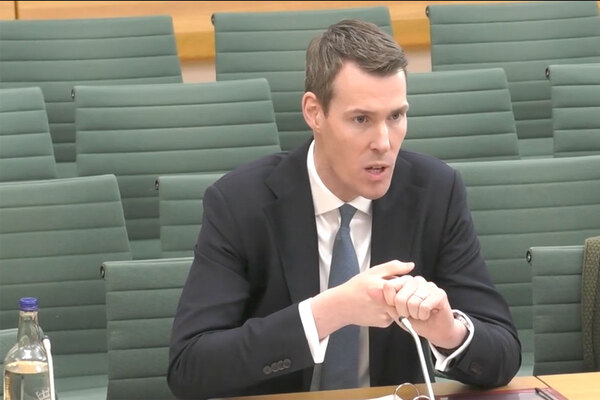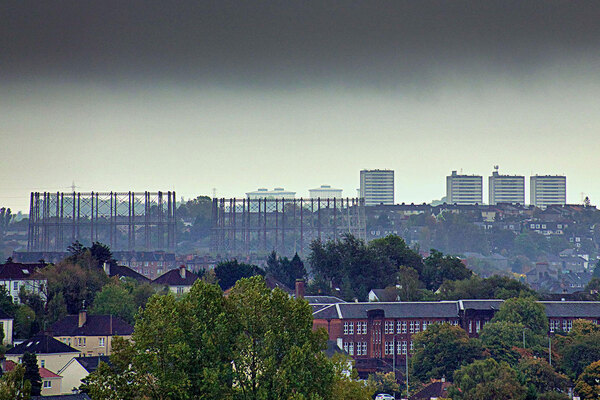London’s largest housing associations alter development plans amid ‘tough’ market
Some of London’s largest housing associations are making changes to their development plans in a bid to combat the effect of a waning property market in the capital.
Clarion and Notting Hill Genesis have both revealed plans to reduce the numbers of homes they plan to build in the coming years in response to difficult market conditions across London.
L&Q and Optivo, two other major London associations, have also outlined plans to reduce the number of homes they will now build for outright sale. Both have said this will not alter their overall number.
In a credit judgement on Clarion last week, ratings agency Standard & Poor’s (S&P) revealed that the 125,000-home landlord had abandoned its plan to get up to 5,000 homes per year by 2022, and is now aiming instead to achieve this by 2027.
A Clarion spokesperson said: "We are still very much committed to investing more and increasing the number of homes we build, with a target to deliver 1,742 completions this year, a 25% plus increase on last year, while staying aware of and responsive to external factors like changes in the market, which can affect some of the longer term pace and phasing of delivery.
"We are also developing a firmer view of our geographic footprint and the communities that have long term need or opportunity, so are looking at transfers to other social landlords and disposals as part of this process of focus, and continued new build momentum.”
Notting Hill Genesis also revealed to Inside Housing earlier this week that it would in the short term focus only on existing projects rather than look to add to its pipeline. The comments came after a report by the Regulator of Social Housing revealed that the 66,000-home association was “significantly scaling back its development plans”.
A spokesperson for the association blamed this decision on economic and political uncertainty around Brexit, which, they said, is making people unsure about whether to buy at this stage.
The news of the changes come despite former prime minister Theresa May setting the sector a challenge last year to build more homes. Speaking at the National Housing Federation conference in September, Ms May said: “Now it is your turn to act, building the homes we need and challenging the attitudes that hold us back.”
London’s housing market has been badly hit in recent years, with a stagnation in sales activity and a slowdown in house price growth. At the time of Ms May’s speech last year, London house prices were falling at an annual rate of 1.5%, the most negative rate of change since 2009, at the tail-end of the financial crisis. The most recent house price figures show that they fell by 4.4% in the year to May.
While its overall number of homes will not be hit, London’s largest housing association L&Q is now reviewing the number of homes it will build for market sale in reaction to the faltering market.
In the S&P report on the association, it revealed that the 95,000-home landlord intends “to scale back development for outright sales amid more difficult market conditions in London”.
Fiona Fletcher-Smith, group director for development and sales at L&Q, told Inside Housing the outright sales market is “tough” but said the shared ownership market was still “buoyant” and insisted L&Q was not changing its overall target for housebuilding numbers.
Optivo has also confirmed that it will mirror L&Q’s action by reducing the number of homes for market sale in its pipeline to “de-risk its development programme”.
In its results, Optivo said that 85% of these homes will be affordable, with just 15% for market sale.
Sarah Smith, chief financial officer at Optivo, told Inside Housing that the market sale figure would actually be even lower, at around 10%, for the next three years.
She added: “In the longer term, potentially, we’ll have to move towards outright sale. But that will be if the market is there – it’s not at all costs."











